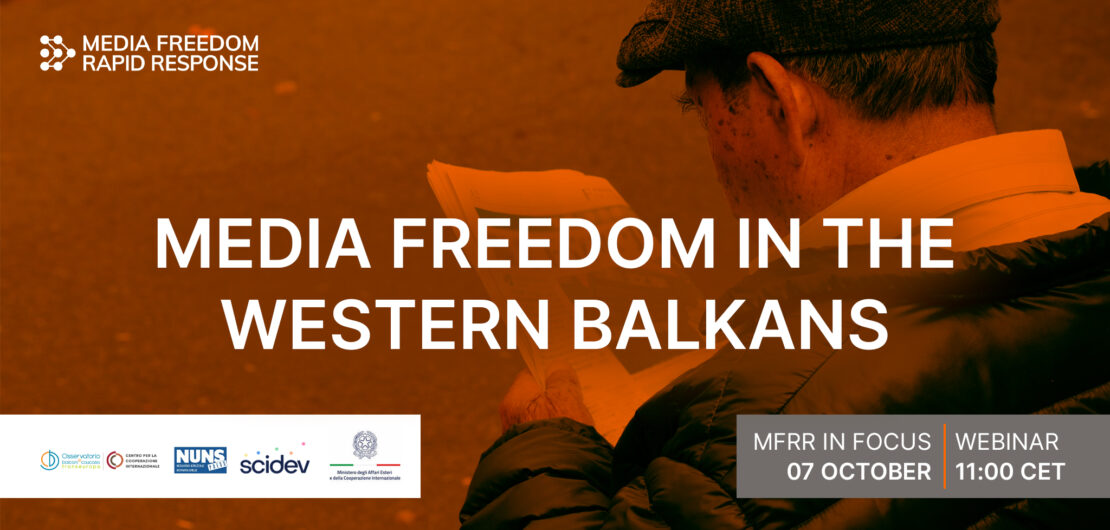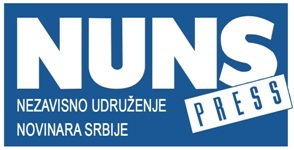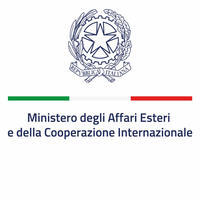 Event
Event
Media Freedom in the Western Balkans: Challenges and Opportunities…
Media Freedom in the Western Balkans:
Challenges and Opportunities in the Framework of EU Enlargement
07 October, 11:00 CET.
Free and independent media play a key role in ensuring citizens’ right to information on issues of public interest and in holding power into account. A sound media system is thus a pillar of democracy and the rule of law.
Over the past years, the Media Freedom Rapid Response has noted a gradual deterioration of media freedom standards across EU member states and candidate countries. Common issues of concern include the increased interference of political powers in the governance of public service media, the lack of transparency in media ownership, precarious working conditions, and growing intimidation and threats against journalists and media professionals.
These concerns have prompted EU institutions to take action and introduce new legislative tools to address such trends, such as the anti-SLAPP directive and the European Media Freedom Act (EMFA). While aiming to harmonize media freedom standards across member states, these newly adopted norms will have an impact on candidate countries, as they move forward in the alignment with the EU acquis as part of the accession process.
This webinar will present the updated results of two Shadow Reports on Media Freedom in Albania and Serbia prepared in collaboration with the Centre Science and Innovation for Development (SCiDEV) and the Independent Journalists’ Association of Serbia. It will explore media freedom-related challenges and developments in the two candidate countries taking into consideration the ongoing negotiations to join the EU and the annual progress reports that the European Commission is expected to publish later in the autumn.
Moderator

Serena Epis
OBC Transeuropa (OBCT)
Opening Remarks

Cristina Caputo
Adriatic and Balkan Unit, Italian Ministry of Foreign Affairs and International Cooperation

Maja Smrkolj
Political Desk Serbia DG NEAR, European Commission
Speakers

Tamara Filipović
Independent Journalists’ Association of Serbia (IJAS)

Blerjana Bino
Centre Science and Innovation for Development (SCiDEV)
Final Remarks

Massimo Moratti
OBC Transeuropa (OBCT)






